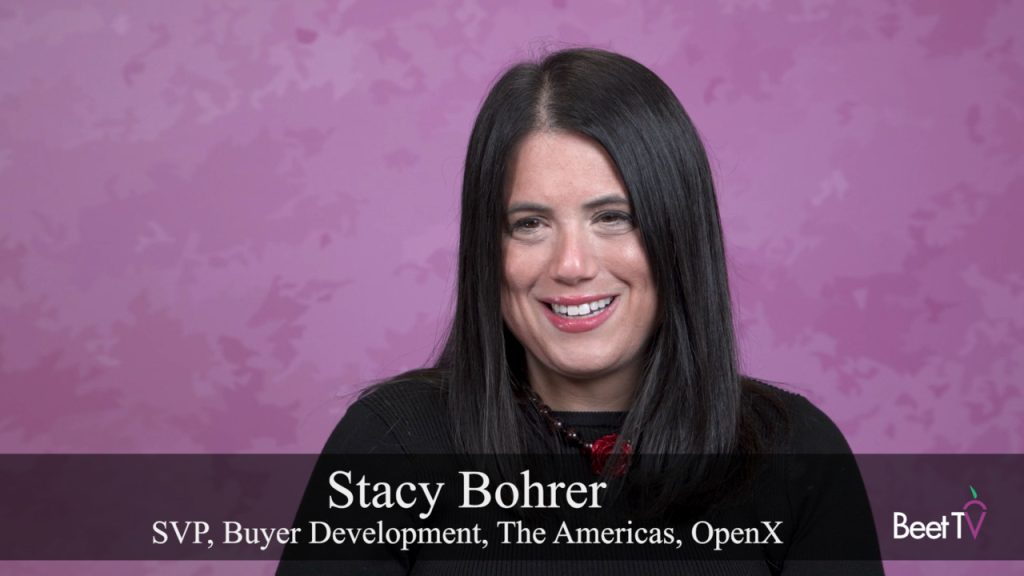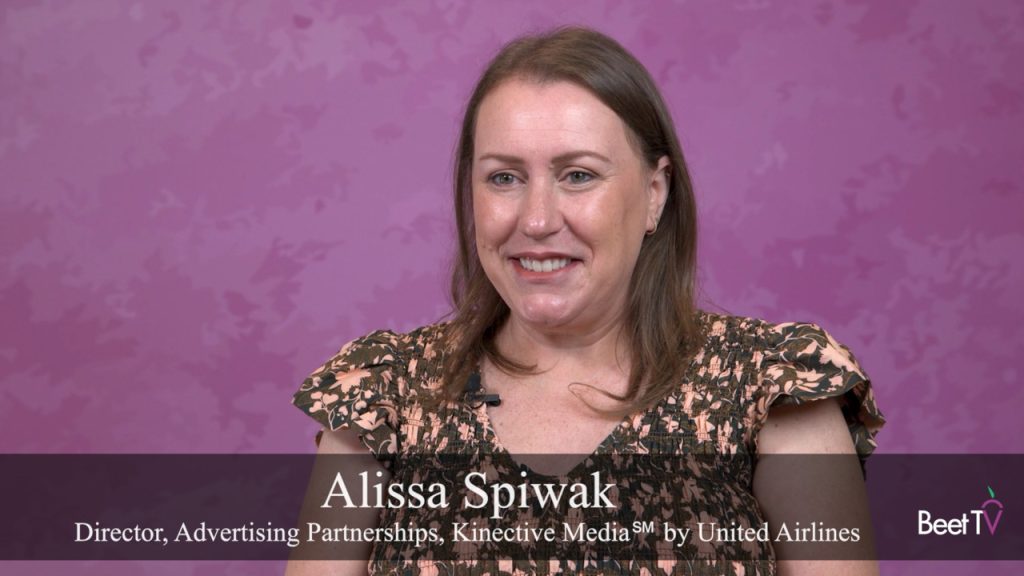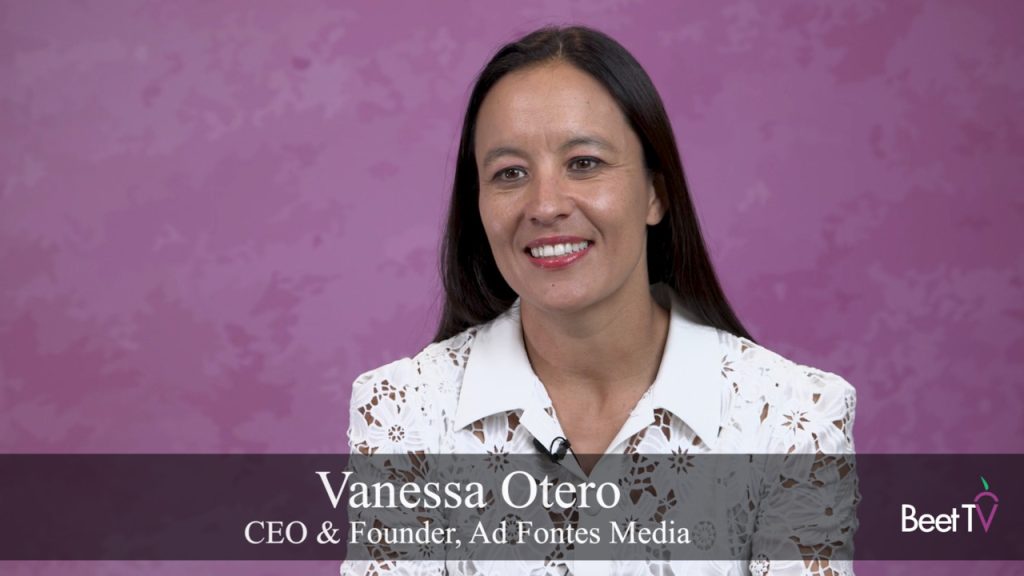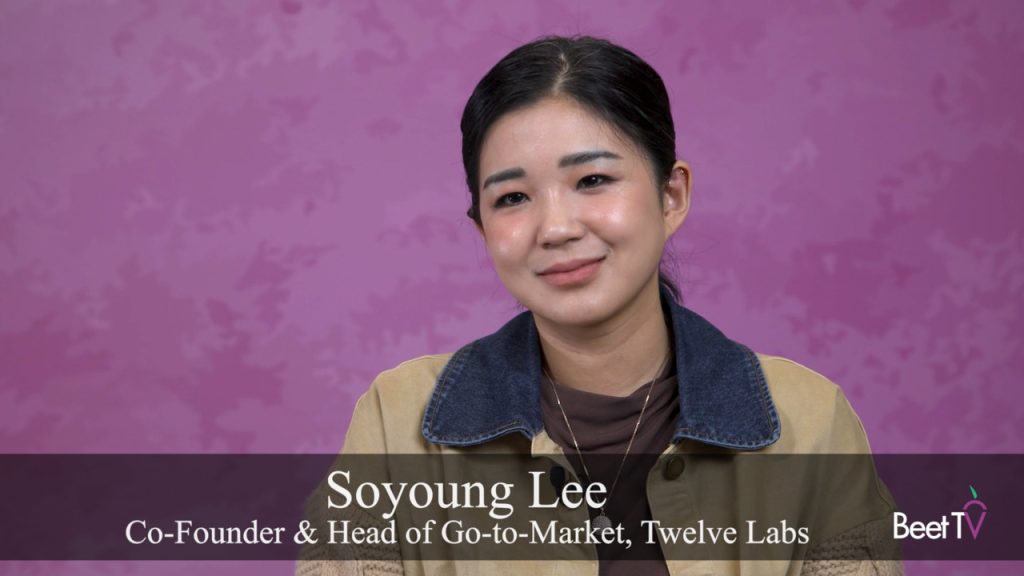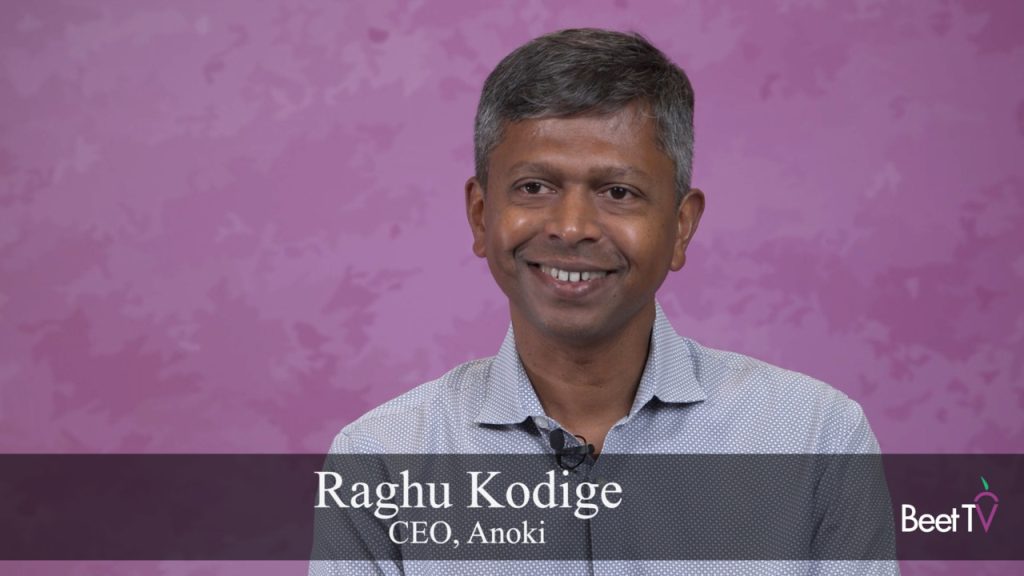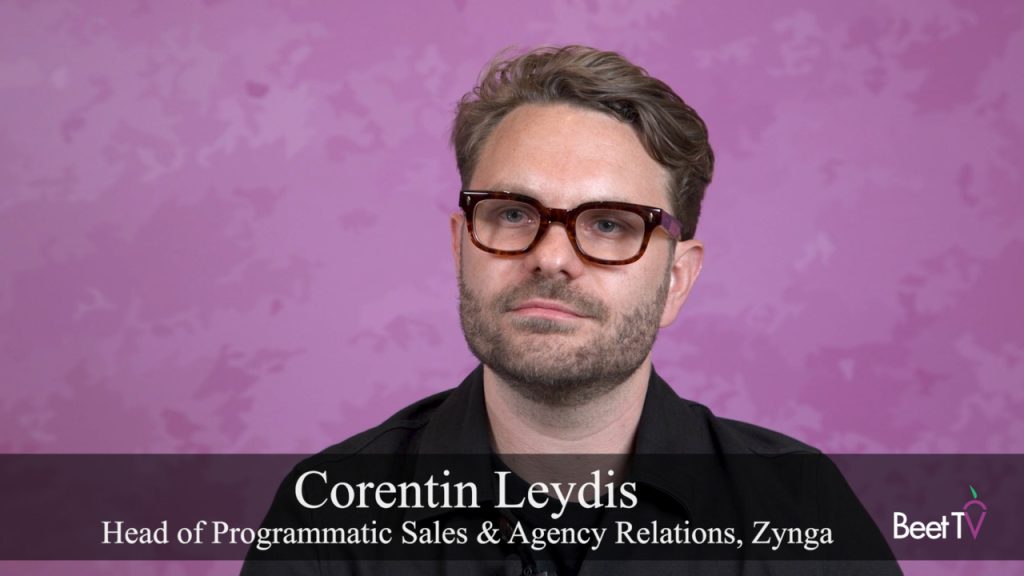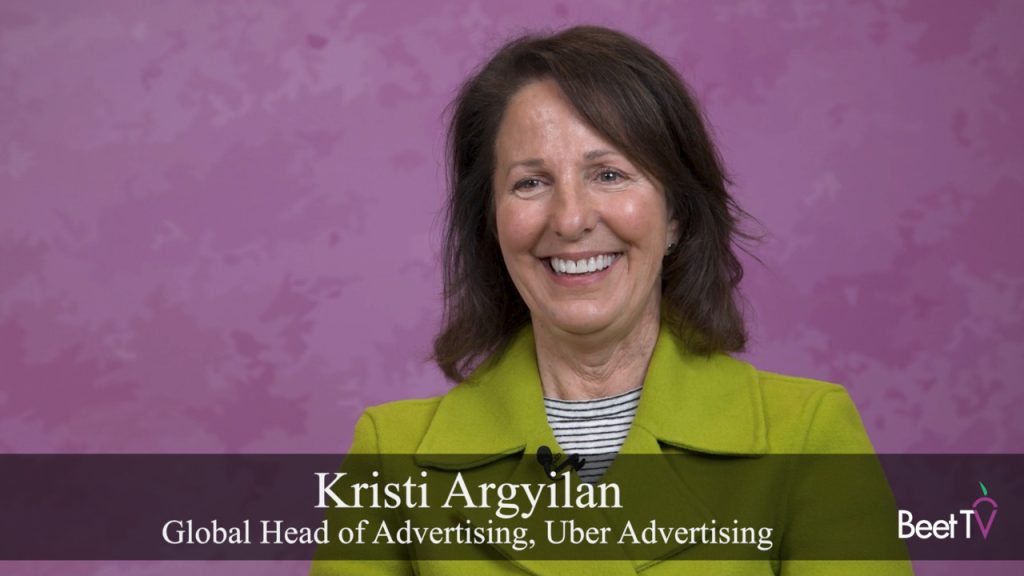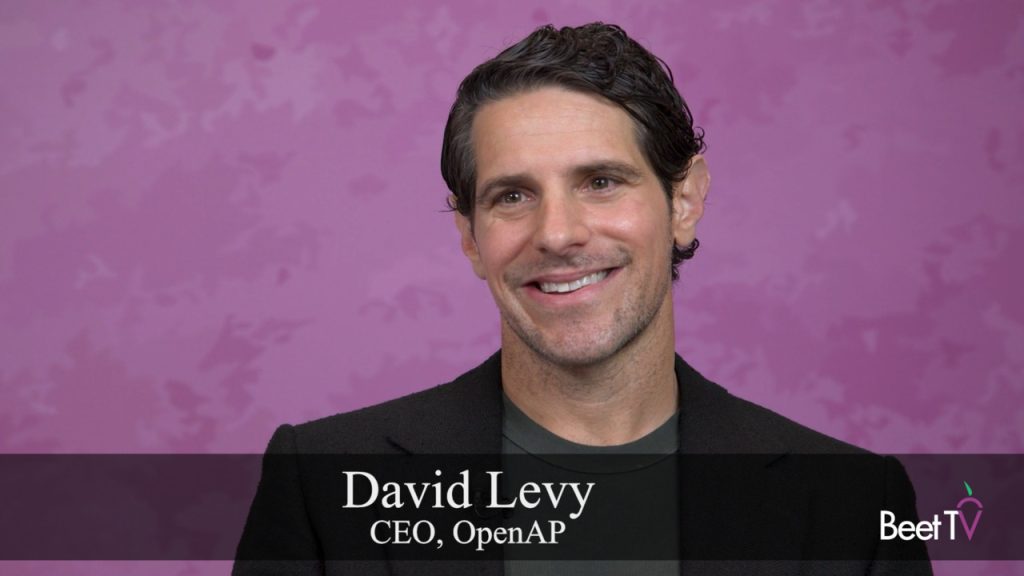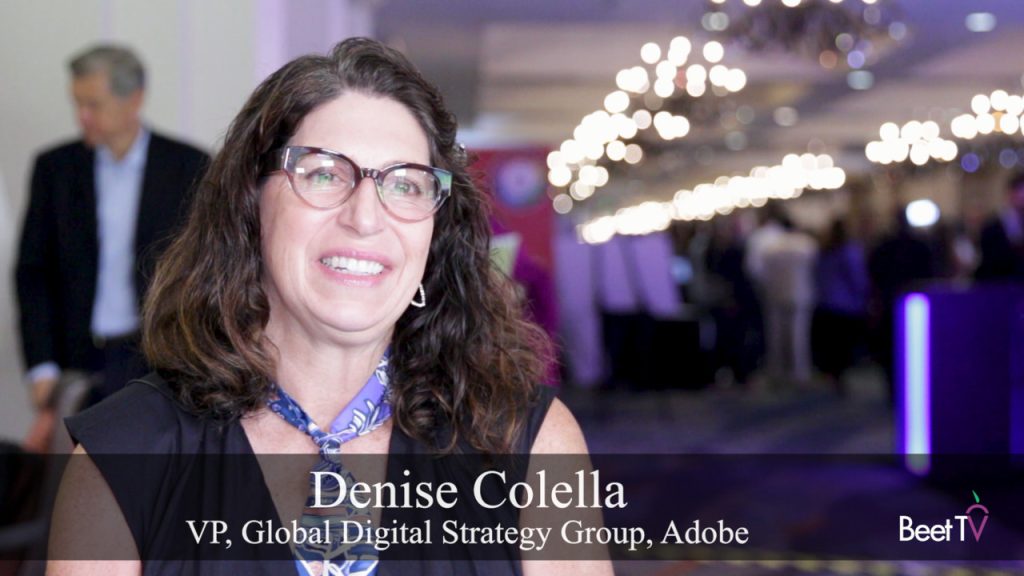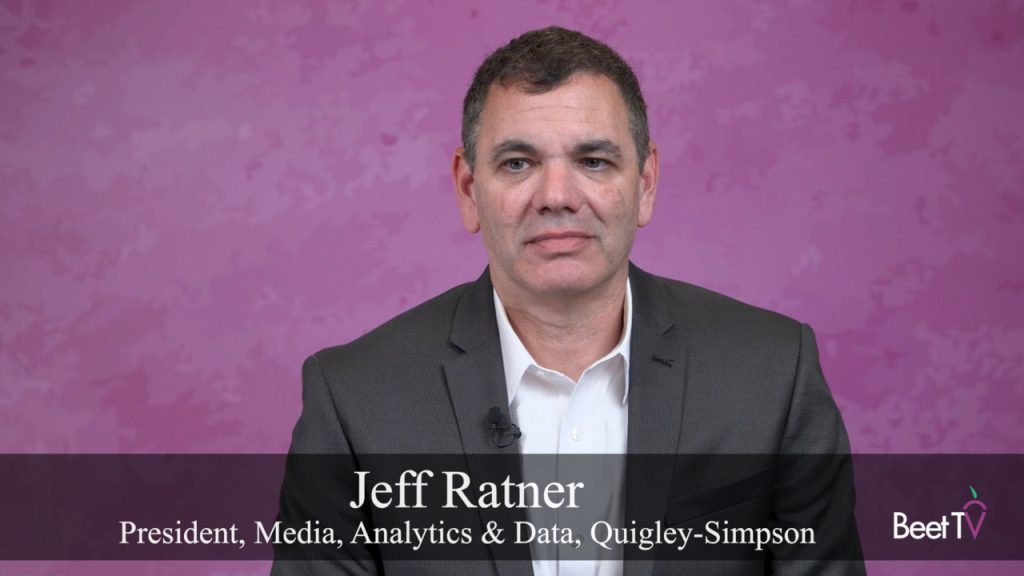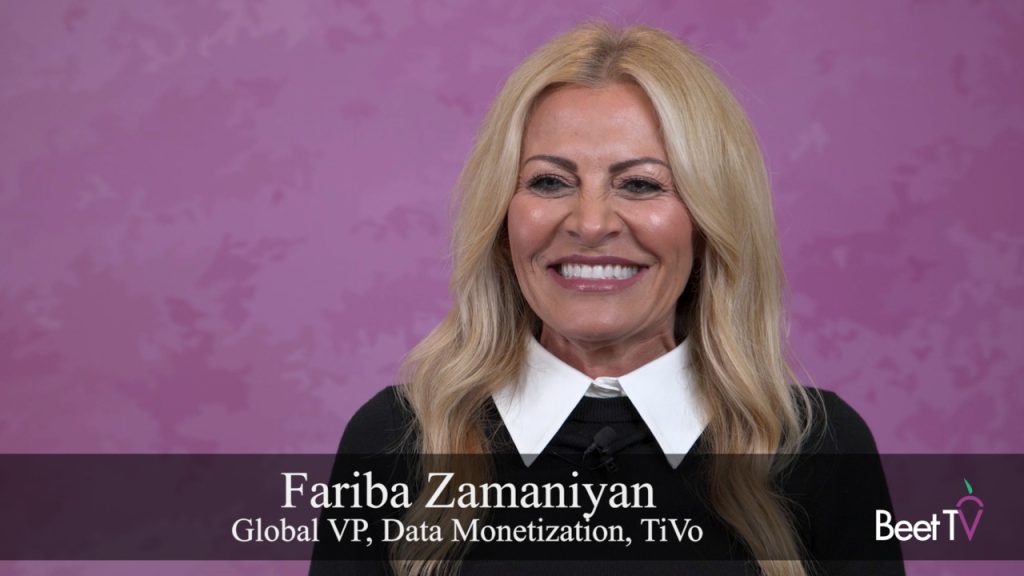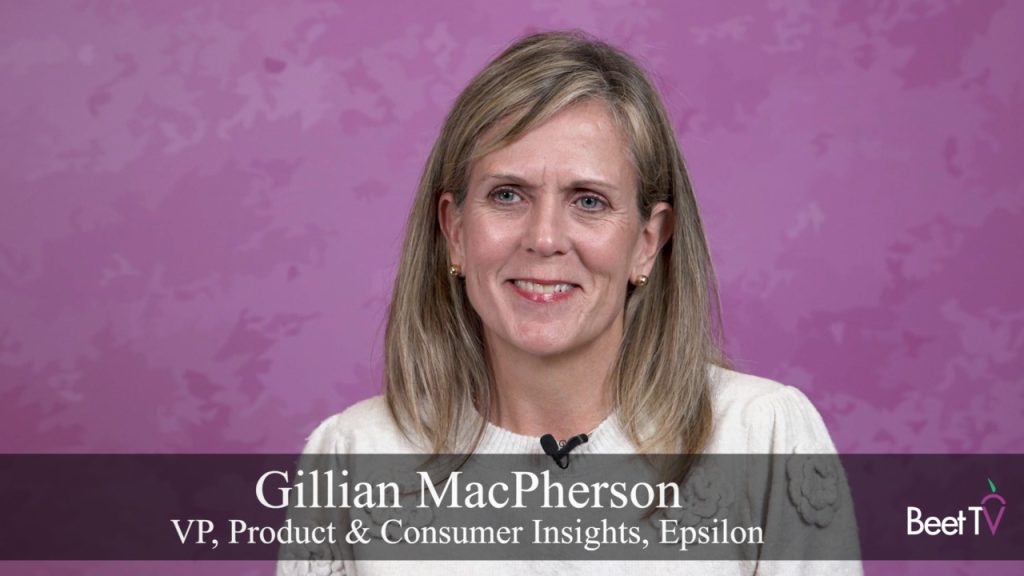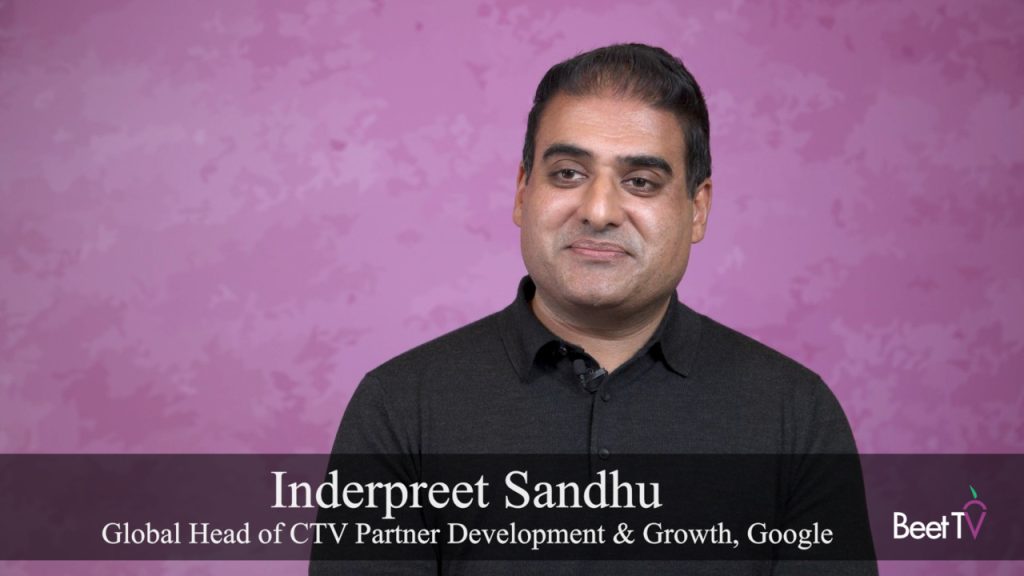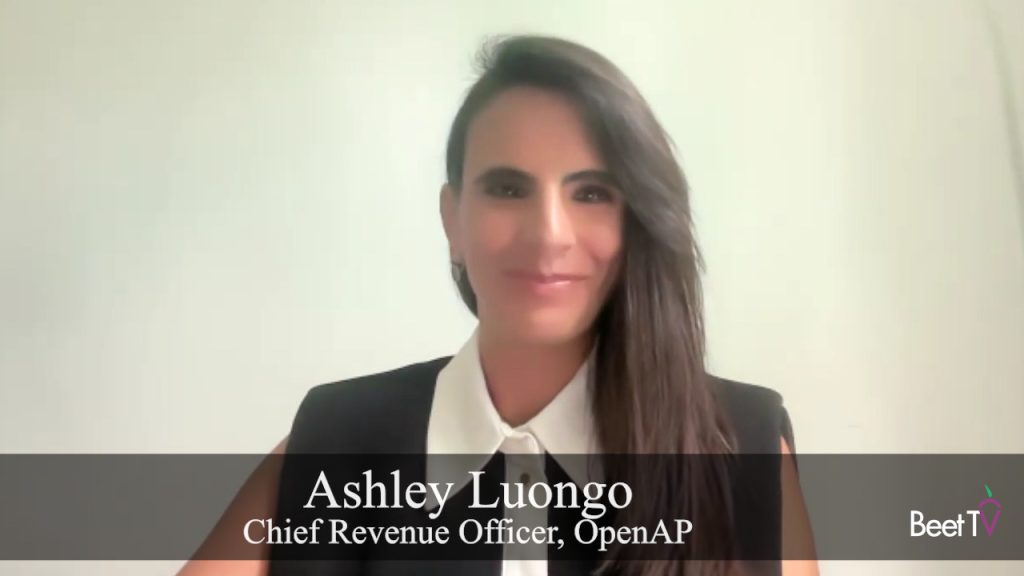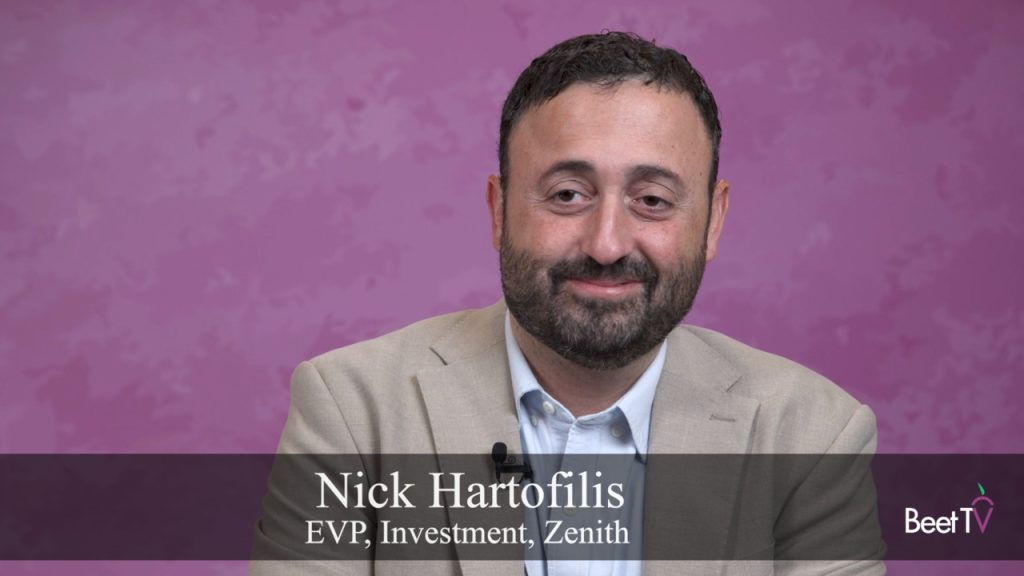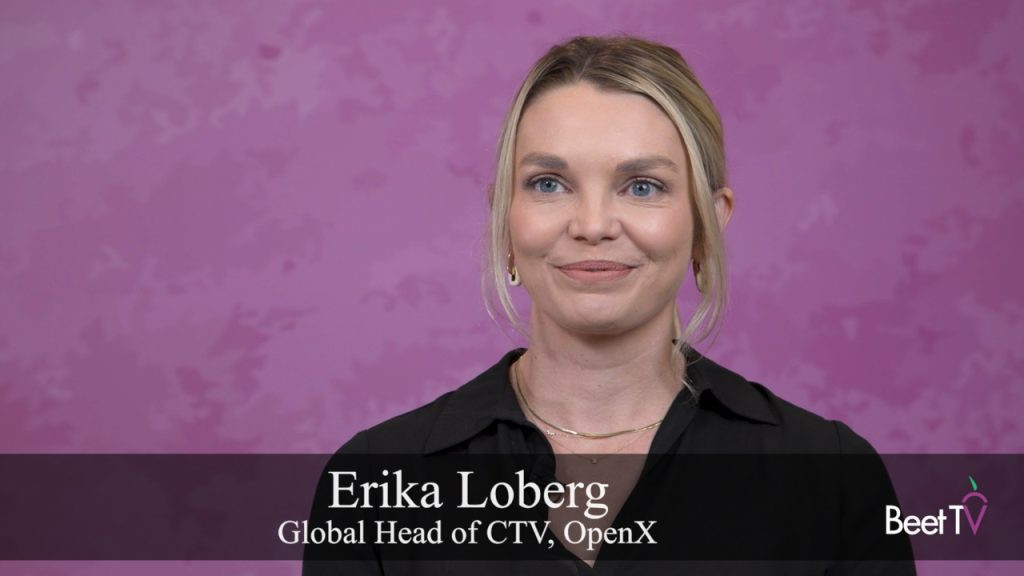Traditional advertising methods are losing their effectiveness, as audiences shift away from old-school TV and toward connected TV (CTV), meaning advertisers face new challenges in reaching their target consumers.
But Kartal Goksel, CTO of Seedtag, believes that contextual AI holds the key to unlocking the full potential of advertising in this new era.
In this video interview with Beet.TV, Goksel says the rise of CTV has created a massive opportunity for advertisers, but the current state of ad targeting leaves much to be desired.
Contextual AI: Moving Beyond Keywords and Phrases
Goksel observes that many ads fail to resonate with viewers, highlighting the need for innovation in the industry.
“There’s so much opportunity for innovation,” he explains. “Right now, the challenges are a lot of the times when you are a buying platform, you don’t really know where you are. The targeting is kind of nascent still.”
Goksel believes that context is king when it comes to effective advertising. While the industry has traditionally relied on keywords and phrases to determine context, he argues that a more nuanced, human understanding of context is crucial.
Contextual AI goes beyond simple keyword matching, taking into account the broader meaning of words within the context of an article. For example, the word “Corona” can have very different implications depending on whether it appears in a holiday context (referring to the beer brand) or in relation to the virus.
Utilizing artificial intelligence, Seedtag offers solutions that analyze digital content to place relevant ads without relying on cookies or personal data.
Their services cater to publishers and advertisers, seeking to enhance user engagement and advertising effectiveness. With a focus on context rather than user targeting, Seedtag aims to provide a privacy-centric approach to digital advertising.
Aligning Creative with Context for Maximum Impact
To truly harness the power of contextual AI, advertisers must also consider the creative elements of their ads. Goksel emphasizes the importance of aligning the contextual elements of the creative with the appropriate contextual placements.
By leveraging generative AI capabilities alongside contextualization, advertisers can create dynamic creative optimization (DCO) that adapts to different audiences and contexts.
Seedtag says it has already seen success with this approach, achieving a 3x increase in attention and a 30-50% lift in click-through rates for a beverage brand campaign.
As end-users, legislative bodies, and technology companies increasingly demand privacy, Goksel believes that contextual AI will become the go-to tool for advertisers. He argues moving away from tracking individuals and instead focusing on aligning the right messaging with the right context will be essential for success in the future.
“Tying all of these signals together and that sort of omnichannel activation on contextual advertising is going to be the future of our industry,” Goksel asserts. “I’m a hundred percent believer in it.”
You’re watching “The Power of Context: Driving Attention to Intention in a Privacy-First Era,” a Beet.TV Leadership Series, presented by Seedtag. For more videos from this series, please visit this page.

















